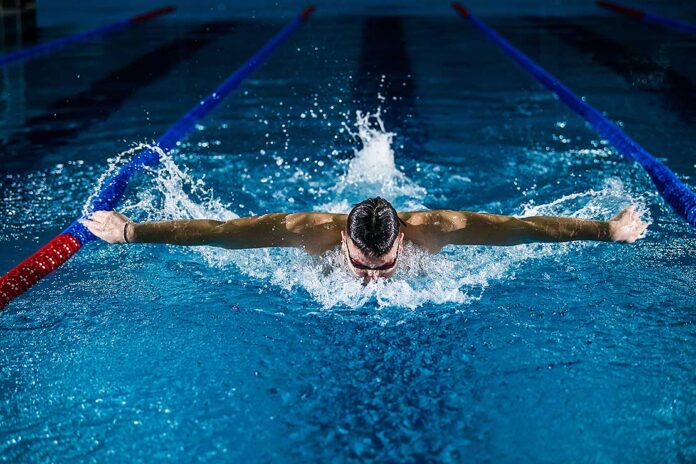Source: Massey University
The key to competing at such an elite level, Professor Emeritus Gary Hermansson says, is the ability to keep the mind and body in alignment, which allows the athlete to stay in the present moment.
Professor Emeritus Gary Hermansson.
With our Kiwi Paralympians now on the world stage and a record medal haul at the Olympics for the New Zealand team, the mental challenges and pressures facing athletes in the current COVID-19 world has been thrown in the spotlight.
Sport psychologist Professor Emeritus Gary Hermansson understands first-hand just how unique the 2020 Olympics and Paralympics are. Awarded the New Zealand Olympic Order in 2017 for his service to the Olympic movement, he is no stranger to the pressures athletes face, but he says it is the backdrop of uncertainty behind Tokyo 2020 that has heightened the mental challenges.
“The athletes were functioning under totally unusual conditions. There had been that extra layer of stress all the way through the lead up to the Games and day-by-day at the event itself.”
Quarantine, routine health testing, bubble restrictions, and limited international competition were just the beginning.
“When you’re out there performing, the fear of letting people down is largely the fear of being rejected or abandoned.
“At the Olympics and Paralympics, athletes face that particular struggle… and then you add the other issues that can be thrown at you, like COVID-19, and that interrupts steady preparations,” he adds.
The key to competing at such an elite level, Professor Hermansson says, is the ability to keep the mind and body in alignment, which allows the athlete to stay in the present moment.
This elusive state of readiness is even harder to attain when the weight of a country’s expectations is on an athlete’s shoulders.
When there is an expectation to deliver a particular outcome, rather than giving everything they have to the present moment, their focus becomes on how to deliver the outcome instead, he adds.
“When you’re swimming, if you’re in there thinking about the Gold medal then there is a disruption between brain and body, so part of the brain is preoccupied with the future outcome and the other part is attending to the immediate present.”
Because of this, Professor Hermansson was not surprised that Olympic debutantes such as swimmer Erika Fairweather recorded a personal best outing.
“When you’re an underdog the pressure from expectations is less and you can focus more on attending to the present,” he says.
For an Olympics that has been dominated by mental health headlines, Tokyo is far from the “lonely” experience Professor Hermansson encountered at his first Commonwealth Games in Malaysia in 1998.
“When I went to sit beside athletes in the dining room, they would tense up. They would be sociable, but it was almost like ‘Let me out of here – I don’t want to be seen in the company of this psychologist because that would mean in everyone else’s eyes that I’ve got problems’”.
Over subsequent Games that he attended through to Rio 2016, Professor Hermansson says there was a growing acceptance by athletes and coaches of the significance of the mental dimension, both in terms of well-being and performance.
“Now, there is a greater preparedness from athletes to recognise their mental performance challenges and mental health concerns and to speak more openly about these, as well as reaching out for assistance from others.
“This is a positive direction that can lead to a greater resilience in handling the demands of high-performance sport, as well as the extraordinary challenges that unexpected things like COVID-19 can throw at them.”



